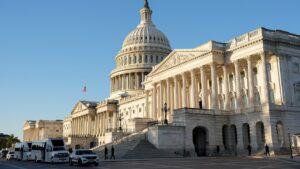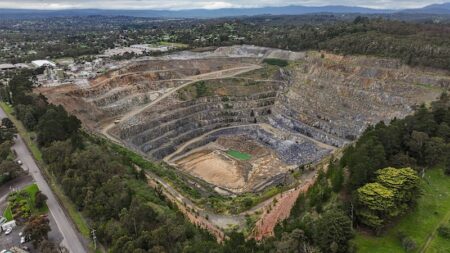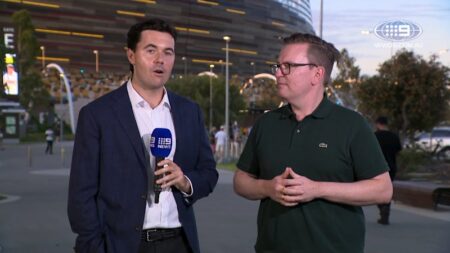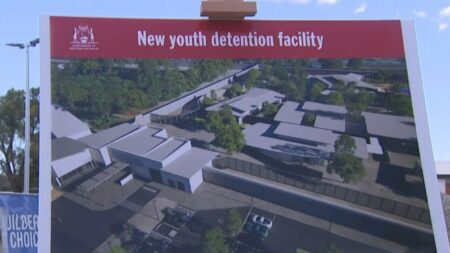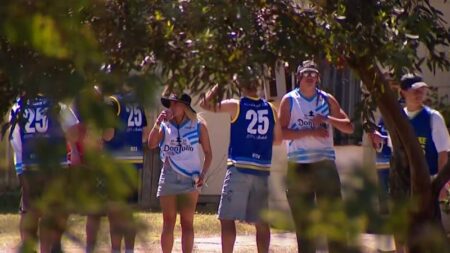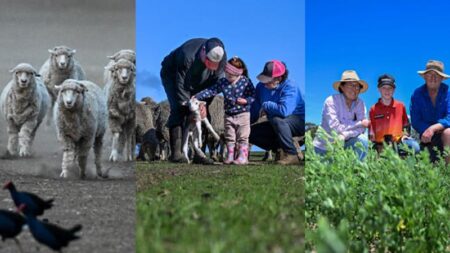The changes slashed the general tax-free threshold from $300,000 to $50,000, imposed new fixed surcharges, and increased existing rates on investment properties and holiday homes. Primary residences are generally not liable for land tax.
Then-treasurer Tim Pallas justified the increase by arguing it was fair that Victorians with multiple properties carried a larger share, a sentiment since echoed by current Treasurer Jaclyn Symes, who said the state’s tax settings considered those with the greater capacity to pay.
At the time, leading economist Saul Eslake criticised the government’s justification of the new taxes as a way to rein in ballooning COVID-19 debt, arguing instead that the revenue was primarily intended to fund pre-election spending.
Separately, the government permanently expanded the Vacant Residential Land Tax to apply to properties anywhere in Victoria, taking effect from January 1, 2025.
Abraham said the new tax settings were hitting many people hard, leading numerous clients to decide to sell investment properties and leave the state.
Loading
He said the SRO’s methods of obtaining information were often opaque, but noted the agency relied heavily on data-matching among government bodies, even using information from incoming passenger cards and the Australian Border Force to catch taxpayers.
“It’s often difficult to tell what actually happened – most taxpayers don’t have the energy to fight it. You don’t want to spend more on legal fees than you have to pay the SRO. A lot of time clients go, ‘look, we’ll just pay it’,” he said.
A major target of investigations last year was on the taxes applied when a company or trust owning Victorian land worth $1 million or more changes ownership in a business deal. The SRO aggressively pursued this area in 2024-25, assessing $421.61 million in compliance revenue from landholder acquisition matters alone.
While the SRO has disclosed that it uses artificial intelligence to detect fraud and aid investigations, it remains secretive about the actual programs and algorithms employed.
Opposition finance spokewoman Bridget VallenceCredit: Paul Jeffers
Opposition finance spokeswoman Bridget Vallence accused the Allan government of using AI tools to chase down Victorians who are “already the highest taxed in the country”. She noted that more than 80 per cent of tax assessment objections were for land tax bills.
“The Allan Labor government is addicted to taxes, and like any addict is always looking for its next hit,” she said.
Vallence said given a quarter of land tax objections were upheld in full or in part, proving the government had wrongly taxed these Victorians, it needed to “come clean” about what AI data tools it was using and provide certainty that more mistakes wouldn’t be made.
The Age has previously revealed Victorian taxpayers have clawed back tens of millions of dollars in bungled land tax bills after a surge in objections followed the state government’s controversial expansion of the levy.
The SRO’s tax investigations were last year aided by a significant increase in staff, with a $26.4 million increase in employee benefits in part due to an increase in “full-time equivalent numbers associated with compliance programs”.
The SRO said several strategies and initiatives had been put in place to reduce aged debt – which would continue to be progressed in 2025-26.
Loading
The office last month signed a contract with private debt collector National Credit Management Limited worth $8 million over four years.
A spokesman for the treasurer said the SRO actively engaged with taxpayers via a range of methods, such as emails, letters and phone calls, to seek payment in full, or to set up a payment arrangement.
“This is a standard practice across Australia and the world,” he said.
The Morning Edition newsletter is our guide to the day’s most important and interesting stories, analysis and insights. Sign up here.
Read the full article here


